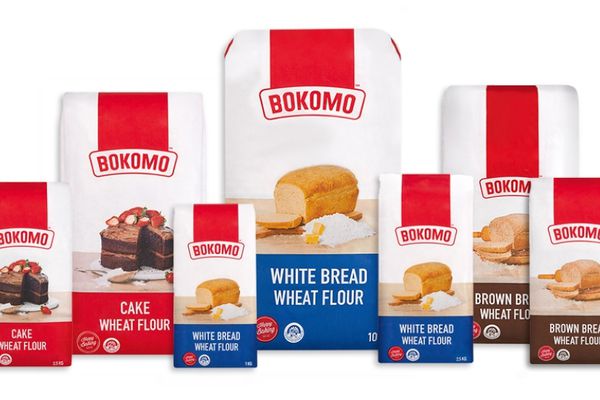Consumers brace for wheat flour, speciality sugar price hike

Consumers are urged to brace themselves as yet another price hike looms in essential food items.
Bokomo Namibia yesterday announced an 8% net price increase on Bokomo retail and bakery wheat flour and a 10% increase on speciality sugar, effective 18 July. Specialty sugars are value-added sugar products. The price increase may vary by product and pack size.
The increase comes after a major fuel price hike this month, with motorists having to fork out N$20.40 per litre for petrol and N$21.43 per litre for diesel across the country – up N$2.50 per litre and N$1.50 per litre respectively.
In a statement, Bokomo Namibia CEO Hubertus Hamm said the price increase is driven by the fact that packaging materials have increased by 15%, while shipping, fuel and transport increased by 8% and labour and other overhead costs increased by 6.8%.
“We remain conscious of the challenging environment that both customers and consumers are facing and to continue to drive a strong productivity agenda to mitigate input cost inflation in ongoing efforts to minimise price increases,” he said.
In an effort to treat all of their customers fairly, they will strive to supply all orders within normal lead times and within the context of general ability to supply demand from time to time, he said.
“We are, however, unable to guarantee delivery of escalated order sizes placed during the weeks prior to the effective date of the price increase.”
An escalated order is an order greater than current run rates beyond some moderate growth.
Hamm further said the above price adjustment is reflective of quantified/known input cost pressure.
“There are material uncertainties in respect of future input and supply chain costs which may trigger further price adjustments across 2022.”
Record high
Meanwhile, the global food import bill is on course to hit a new record of US$1.8 trillion this year, but higher prices and transport costs rather than volumes account for the bulk of the expected increase, according to a new report by the United Nations’ Food and Agriculture Organisation (FAO).
“Worryingly, many vulnerable countries are paying more, but receiving less food,” the FAO said in its latest food outlook.
The global food import bill is projected to rise by US$51 billion from 2021, of which US$49 billion reflects higher prices.
Least developed countries are anticipated to undergo a 5% contraction in their food import bill this year, while sub-Saharan Africa and a group of net food-importing developing countries are both expected to register an increase in total costs, despite a reduction in imported volumes.

























Go Social
SocialNew Social Releases – Check them out NOW! N$3/day subscription
TikTok Content
SocialNew content for your TikTok - Watch NOW!
Weird ’n Wacky
FunHilarious video clips featuring animals, sports, food, & more!
Status Hub
SocialTrend on WhatsApp with these statuses!
Social Trending
SocialWant Top Trending Stickers and WhatsApp Stories!?